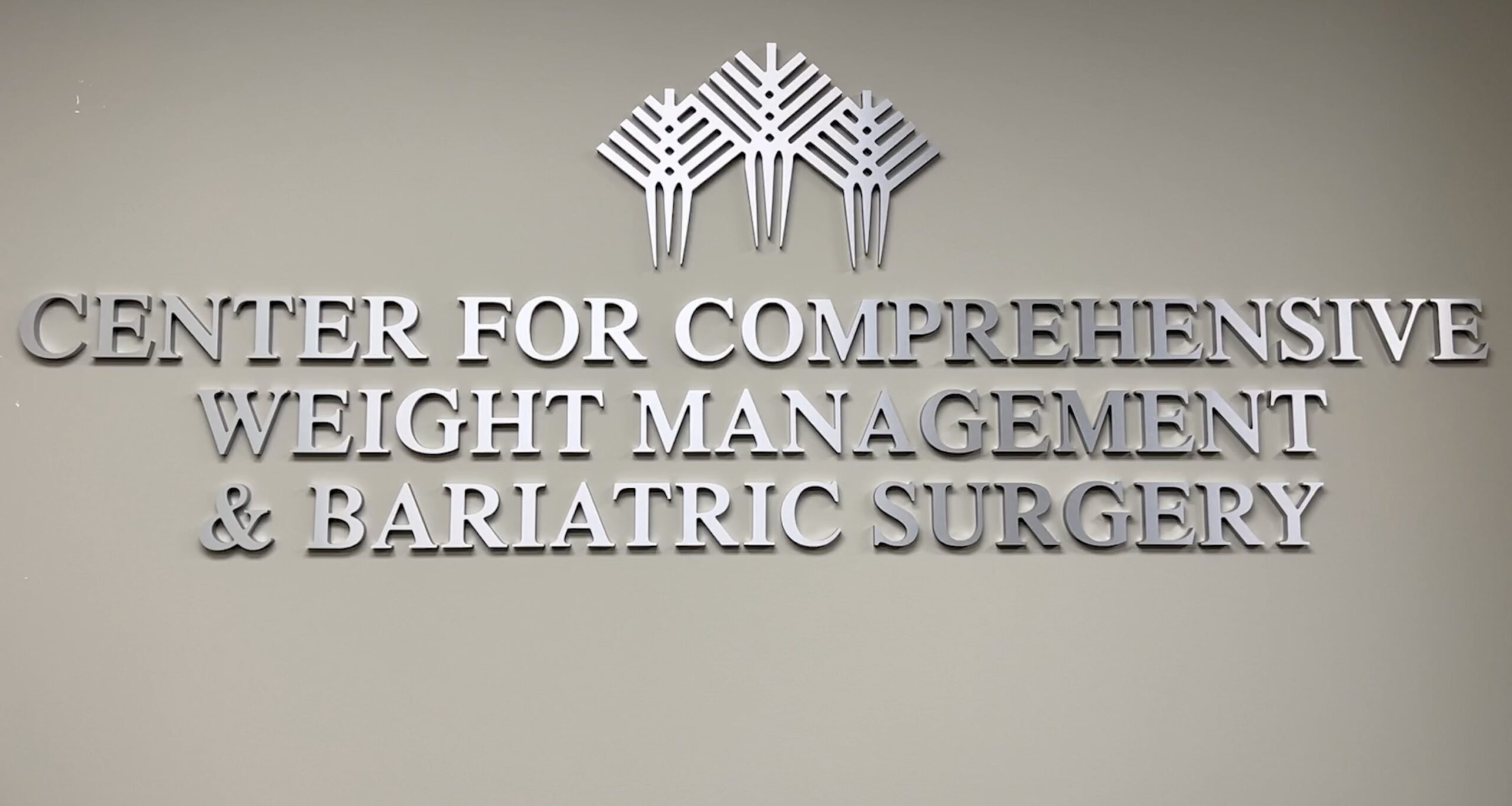
Southwoods Health Earns National Recognition for Hospital Cleanliness
Boardman, Ohio (June 3, 2025) — Southwoods Health is proud to announce The Surgical Hospital at Southwoods has received a 5-star rating for hospital cleanliness from

Boardman, Ohio (June 3, 2025) — Southwoods Health is proud to announce The Surgical Hospital at Southwoods has received a 5-star rating for hospital cleanliness from

If you’re considering embarking on a weight loss journey or are thinking of using surgical means to accomplish it, you don’t need to look further

Howland, Ohio (October 1, 2024) — Just in time for Breast Cancer Awareness month, Southwoods Health is pleased to announce the addition of mammography and

Southwoods is proud to announce Physical Therapy & Rehabilitation Services are now available in Boardman and Youngstown. These services currently include physical and occupational therapies

BOARDMAN, Ohio (WKBN) – A local hospital has been deemed a five-star facility, and it’s not the first time. It’s the eighth. The Centers for

Howland, Ohio (March 2, 2023) — Southwoods Health is pleased to announce the opening of its newest location at 9371 East Market Street, Suite 2 in
© 2025 Southwoods Health. All Rights Reserved.